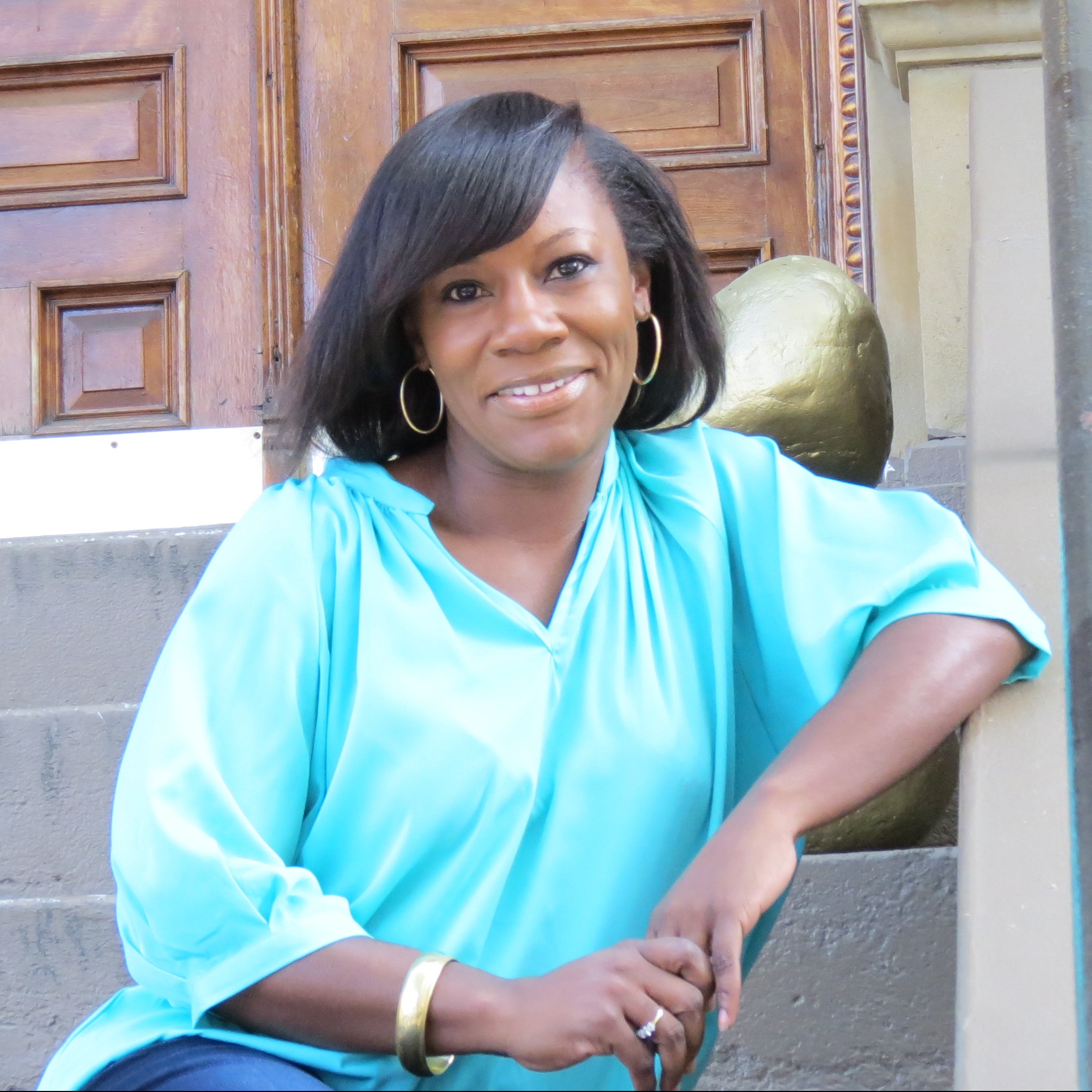It's working for Kimberly Seals Allers
New Jersey
2 children

“We really set a high bar for ourselves and we subscribe to these supermom archetypes. I have seen so many people burn out because they are trying to reach an image. Was my house always the cleanest? No. Sometimes there was a pile of mail we had to shove aside to eat dinner.”
A writer learns that hiring help gives her more quality time with her children.
Kimberly Seals Allers knew how lucky she was to work for Time Inc. After her son was born, she took a year-long maternity leave to be with him. “They hold a position for a year, but your particular job may be gone,” she said, noting the time off was unpaid. “We really worked on our budget to see how we could reduce expenses.”
When Kimberly went back to work as a journalist, she was lucky that Time Inc. provided a backup childcare arrangement for the occasions when her nanny couldn’t make it. “Time Inc had a childcare center in the lobby of our building. It was for emergencies, but you could book ahead of time. On the days that something was wrong with my nanny, I could bring Kayla into work with me and I could leave her in the childcare center. I’d take her for lunch, pop back down when I had some quiet time. I wish more companies would allow us to be nearer to our children when we are working. I would be on such a high, I was certainly more productive and in a much better mood.”
And though she had a supportive employer, her own challenge came in finding help with life at home. “I had this vision of what my childcare situation would be, but I had to get in-home help,” she said. “If I am getting home after an hour and a half commute, how do I want to spend that time? Making dinner or spending time with my children?” She hired a helper to cook meals during the week. “It allowed me to come home and focus on my children and not always have the stress of meal preparation. That was a really big deal for me and I did not tell anyone I had help, even my mother.”
Kimberly believes more women would benefit from letting go of the supermom standards they feel surrounded by. “We tend to spend a lot of time bragging about all the things we do as mothers, it can create a burdensome stereotype to fall into. [Hiring help] really freed up my time; my time at home was quality time. It took me a while to get there. I did find that to be one of the greatest things that helped me with my transition back to work.”
Now that her children are older — Kayla is 15 and Michael is 11 — Kimberly works for herself. “Around my divorce I stopped working [in the city], that schedule and commute is untenable when you are a single parent. I transitioned into writing full time. I write books, I freelance, I do consulting work. I have been working for myself for the past seven years. I’ve learned to develop a schedule for myself and the discipline required when you are self-employed. You have to create a reason to be at your desk at 9 a.m. … that was an interesting transition.”
Her advice to other parents? Set a low bar. “We really set a high bar for ourselves and we subscribe to these supermom archetypes. I have seen so many people burn out because they are trying to reach an image. Was my house always the cleanest? No. Sometimes there was a pile of mail we had to shove aside to eat dinner.”
But she believes the work-life balance is a work in progress. “Some days you may get it right, some days not at all. Think of work-life balance as a moving target, sometimes it’s not going to happen at all.”
